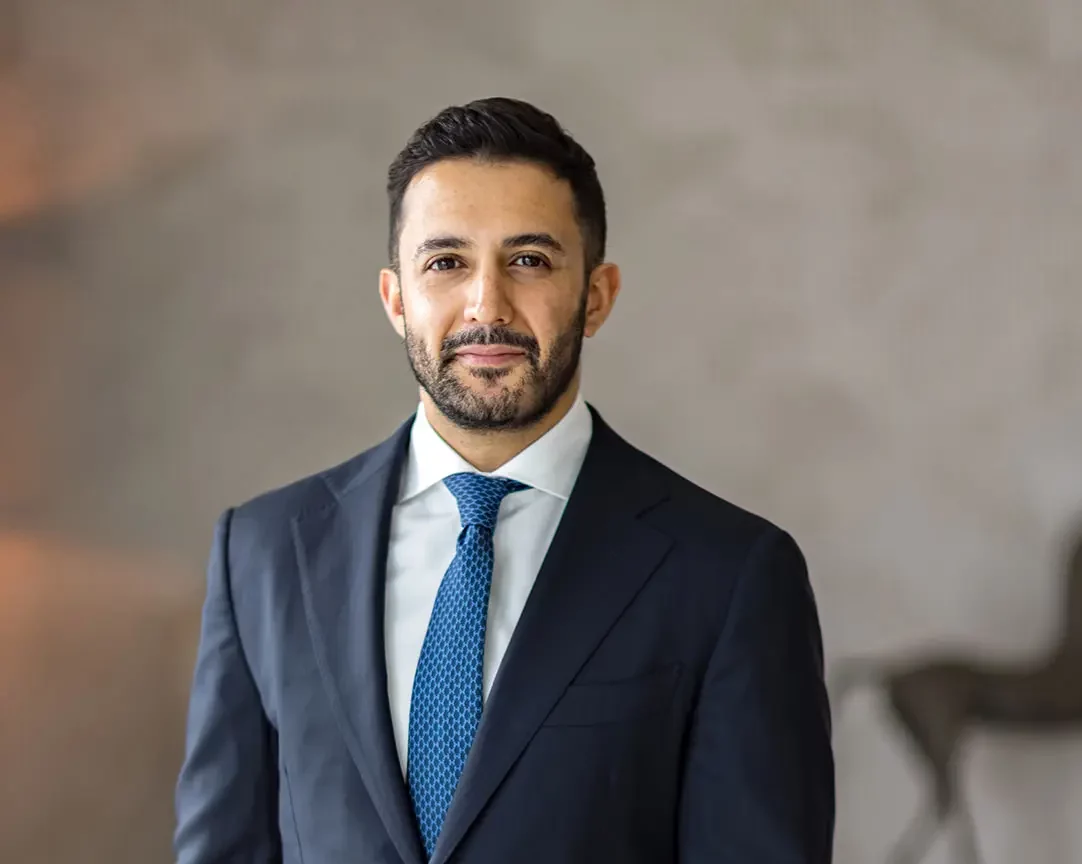Introduction
Following the fall of the Assad regime, the United States, European Union, and United Kingdom have taken initial measures to start easing sanctions on Syria in order to allow it to rebuild its political framework, infrastructure, and economy. The lifting of these sanctions is, however, conditional on the new Syrian government demonstrating a commitment to protecting religious and ethnic minorities and ending support to designated terrorist groups.
To help you understand the current situation in Syria, we have created a list of frequently asked questions on what happens now that the sanctions have been lifted.
Is Syria open to foreign investment now that sanctions have been lifted?
Yes. Following the announcement that Donald Trump was lifting sanctions, Syrian Finance Minister Yisr Barnieh told reporters:
“Syria today is a land of opportunities, with immense potential across every sector-from agriculture to oil, tourism, infrastructure, and transportation.
“We envision a central role for the private sector in the new Syrian economy. The finance ministry’s role is not to spend indiscriminately or act as a regulatory enforcer over businesses, but rather to enable and support growth.”
Mr Barnieh also stated that the Government was taking the necessary steps to modernise the economy, thin-out the bloated public sector, and overhaul the country’s financial management.
However, research shows that investor confidence in rebuilding countries ravaged by war depends a lot on how fast humanitarian needs are dealt with. Those looking to inject foreign direct investment (FDI) in post-war nations tend to avoid areas still struggling with violence and political instability. One way to measure stability is the amount of foreign aid being sent. Although the US has frozen all foreign aid, to date, the UK Government has pledged £160 million in aid to support Syria’s “recovery and stability” and the EU has pledged €2.5 billion.
What kind of foreign investment does Syria need?
Almost every part of Syria’s infrastructure has been destroyed by war and needs rebuilding. Water, roads, public transport, telecommunications, electricity, finance, agriculture, industry– the options are almost endless.
Saudi Arabia’s GO Telecom has recently signed an agreement with the Syrian government to help rebuild the country’s digital infrastructure. In early June, a high level delegation from Syria travelled to Qatar to discuss investment opportunities and enhanced cooperation between the two countries.
What type of due diligence needs to be undertaken by companies looking to invest in Syria?
Companies must be alive to the fact that not all US, EU, and UK restrictions have been lifted. This is particularly the case with people and entities that are still supporting the Assad regime and for certain sectors such as chemical weapons and cultural heritage products.
Syria is still struggling with a humanitarian crisis, with around 90% of the population living below the poverty line. Safety must be the first priority for any company looking to send staff to Syria with a view to scope out opportunities.
What tax incentives are available for foreign investors in Syria?
Mr Barnieh has stated that Syria will have the lowest tax burden in the region. No details have yet been provided, but on 2 June 2025, trading resumed on the country’s stock exchange following a six-month closure. The Finance Minister told the state-run news agency SANA that the stock exchange “will operate as a private company and serve as a genuine hub for Syria’s economic development, with a strong focus on digital”.
What legal protections exist for foreign investors in Syria?
With sanctions only recently beginning to be lifted, the Syrian government has an enormous challenge ahead of it to create an environment that is attractive to and protects the interests of foreign investors. At the time of writing, Syria’s banking system has not yet been overhauled. They do not have access to SWIFT (Society for Worldwide Interbank Financial Telecommunication), have little liquidity, and the regulatory environment is extremely opaque. This alone means investors risk being caught up in money laundering and other financial crimes if they do not undertake extensive due diligence. These are all issues the Government is clearly motivated to address in order to increase investor confidence as well as encourage those who fled the country during the war to return and help rebuild.
Wrapping up
If you wish to invest in Syria, it is crucial you seek legal advice to ensure you do not breach UK sanction policies and manage the considerable risks that come with the plethora of investment opportunities. Our dual-qualified, multi-lingual lawyers can provide expert legal advice and representation if you have any questions regarding the lifting of sanctions against Syrian entities and/or investing in Syria.
To make an appointment with one of our lawyers, please call +44 (0) 203972 8469 or email us at mail@eldwicklaw.com.
Share this Post




